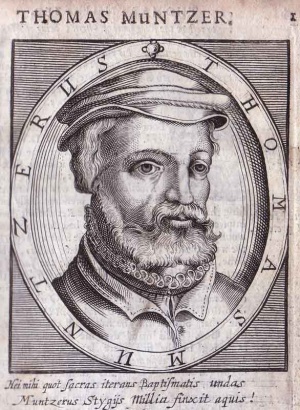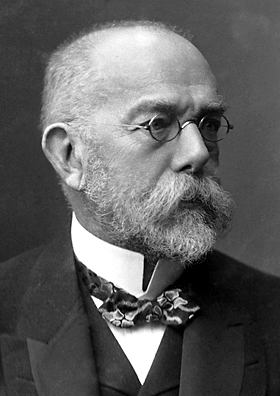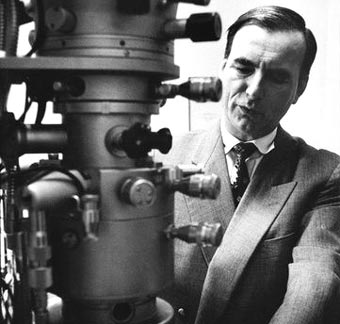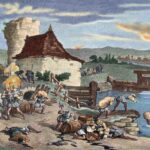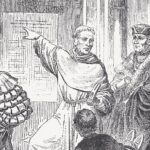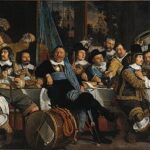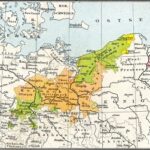May 27, 1525
Death of Thomas Müntzer in Mühlhausen. Thomas Müntzer was born in 1489 in Stolberg, Germany and died on May 27, 1525 in Mühlhausen, Germany. He was a leading radical reformer during the Protestant reformation and the leader of the peasants’ revolt in Thuringia in 1524-25. Müntzer was a significant figure in the religious and social history of modern Europe. Marxists of the 20th century regard him as a model in the class struggle. Müntzer was convinced that full truth was to be found within the person, implanted by God, rather than in the Bible. His views were opposed to those of Luther. He thought that due to their poverty and uncorrupted innocence that the will of God was implanted in the simple people.
May 27, 1756
Birth of Maximilian I in Mannheim, Germany. Maximilian was the first Wittelsbach Elector of Bavaria and the first King of Bavaria (arranged by Napoleon).
May 27, 1923
Birth of Henry Kissinger in Fürth, Germany.
May 27, 1910
Death of Robert Koch (1843-1910) in Baden-Baden, Germany. Koch discovered the anthrax life cycle in 1876. He discovered the Tubercle bacillus (the cause of tuberculosis) in 1882 and the cholera bacillus in 1883. He won the Nobel Prize for Physiology or Medicine in 1905.
May 27, 1941
The German battleship Bismarck is sunk by a British naval group.
May 27, 1952
East Germany cuts telephone service between East and West Berlin. West Berliners no longer allowed to enter East Germany.
May 27, 1988
Death of Ernst Ruska (1906-1988) in West Berlin, Germany. Ruska won the Nobel Prize for Physics in 1986 for his invention of the electron microscope. He built his first electron microscope in 1933. He was a researcher at Siemens AG.
Back to Today in German History Calendar
